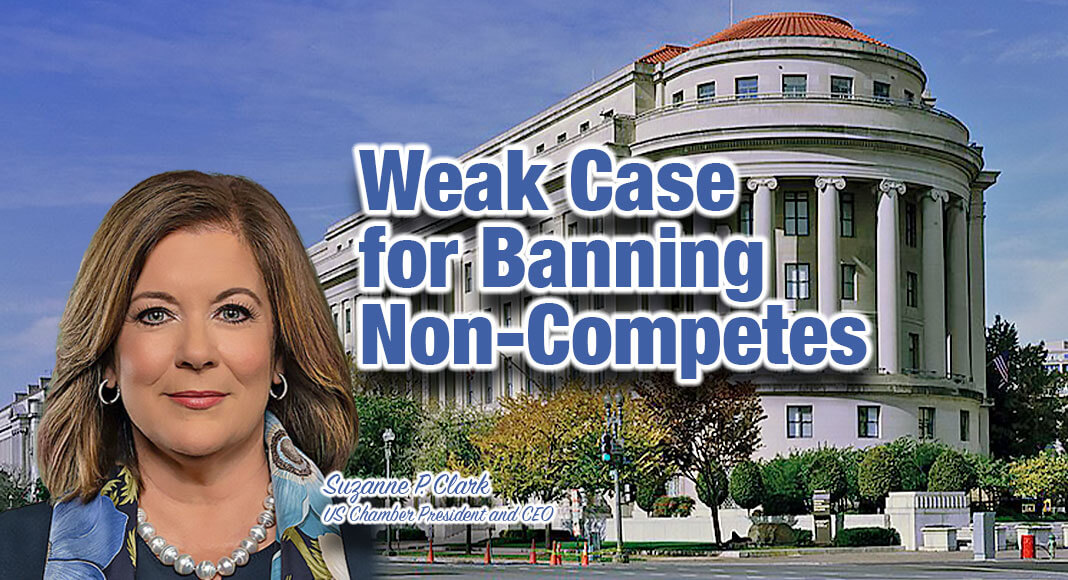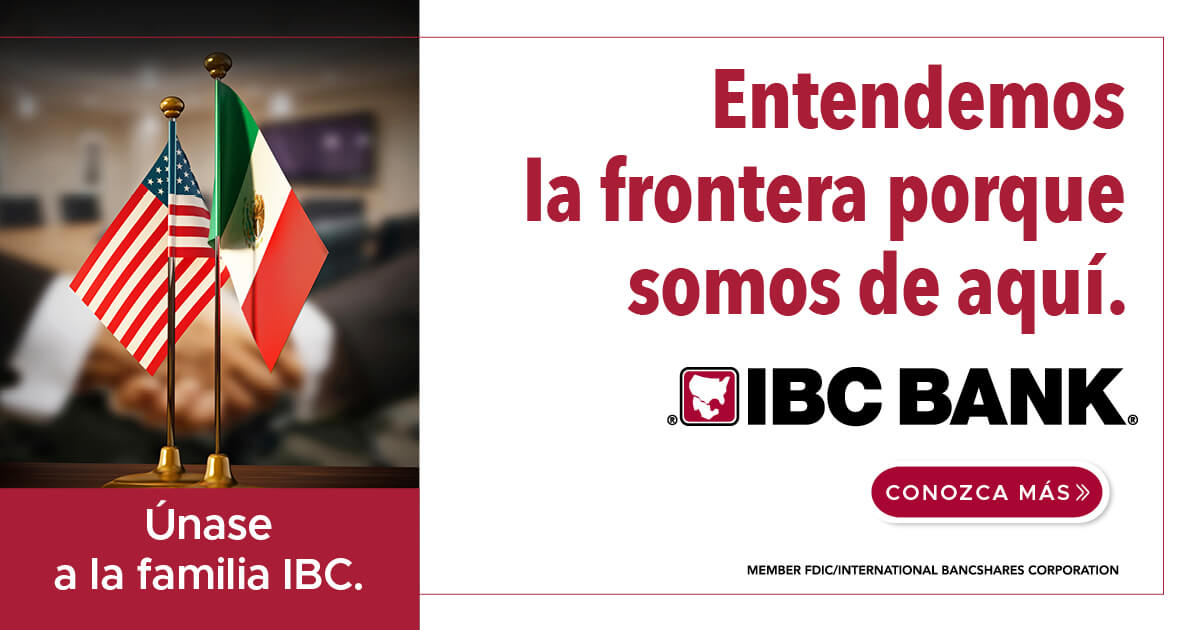
Texas Border Business
US CHAMBER OF COMMERCE
The Federal Trade Commission lacks economic evidence supporting its proposed ban on non-compete clauses in employment contracts, notes Chamber Chief Economist Curtis Dubay.
Why it matters: The FTC claims its proposed rule could increase wages by nearly $300 billion per year by voiding non-competes for its own estimate of 30 million Americans covered by them. But its economic evidence is weak, which is consistent with Chair Lina Khan’s efforts to divorce economics from the FTC’s approach to competition policy and antitrust enforcement.
Details: “If there are 30 million [Americans] with non-competes, that’s about 1-in-5 workers. There is no way to know for sure whether that figure is accurate because the FTC provides no source for that claim other than itself,” Dubay explains.
· “But since there is no way to know if that 30 million is accurate, the foundation of the wage benefits is likely grossly overestimated.”
We do not know if the FTC includes non-competes’ benefits for workers, writes Dubay: “Workers signing non-competes give up some of their future career flexibility and logically want compensation for that. This effect will tend to push up their annual wages.”
· And: With non-competes “employers are more likely to invest in workers in a number of ways, including training and education through which workers gain transferrable skills, if they believe those workers will stay at their firms for longer periods of time,” he adds. “Without non-competes they will do less of this investment, which too will impose a cost on workers.”
Be smart: The rule would also reverse existing non-compete agreements, exacting an economic toll “because it calls into question the sanctity of all existing contracts,” Dubay warns. “This creates uncertainty throughout the economy that slows investment, which lowers wages.”
Bottom line: The implications of the FTC acting beyond what the law allows will have serious implications on the economy. That’s why Chamber President and CEO Suzanne P. Clark declared that the Chamber “will oppose the proposed regulation with all the tools at our disposal, including litigation.
See Related Story:











